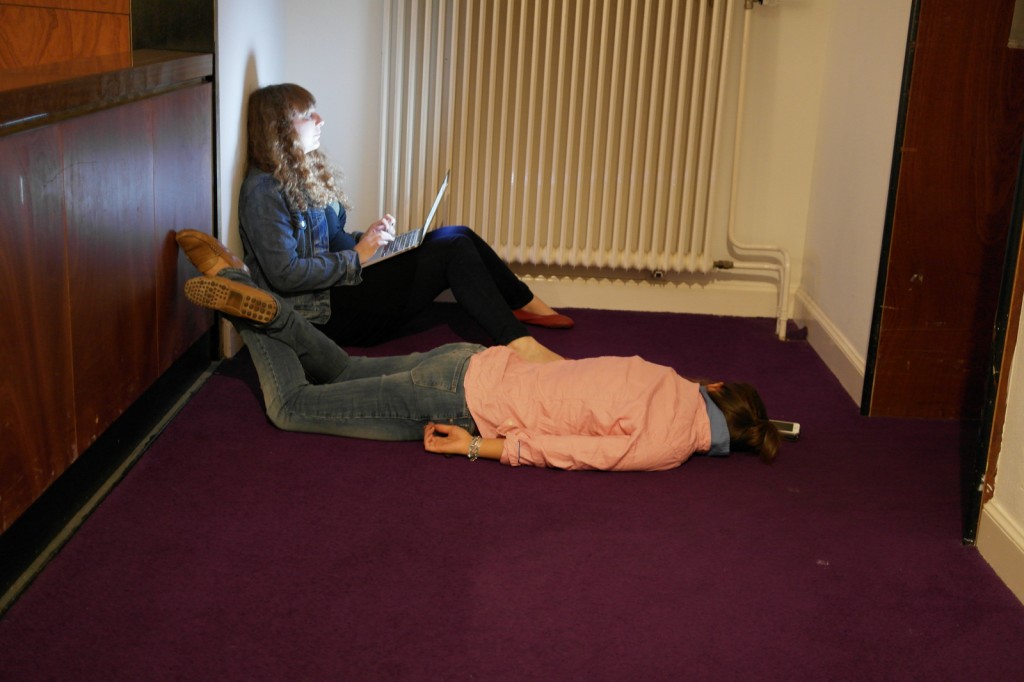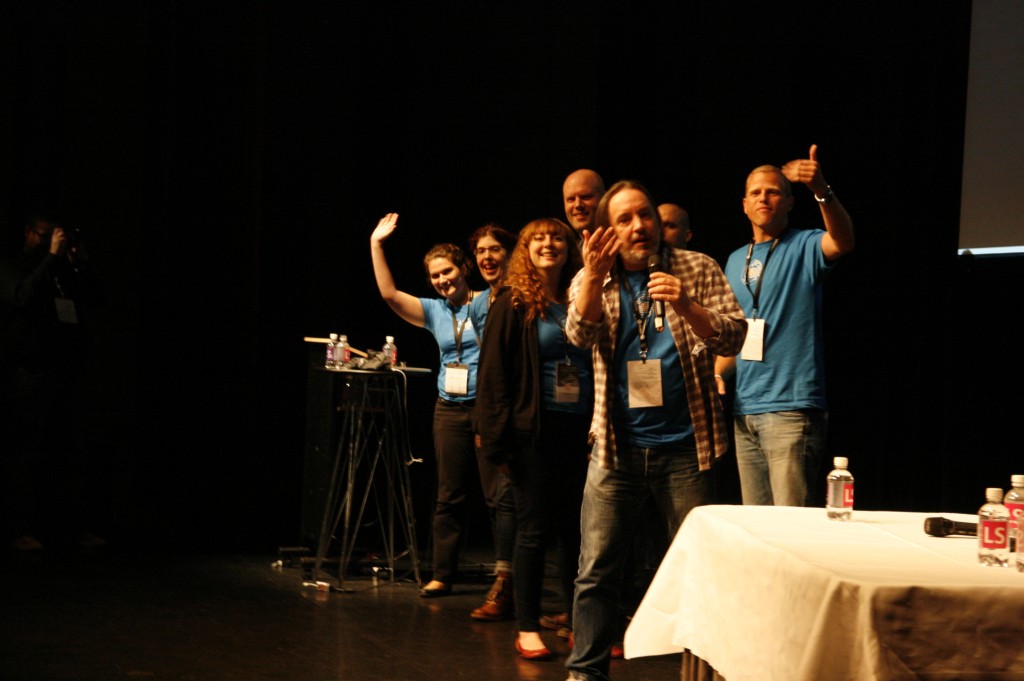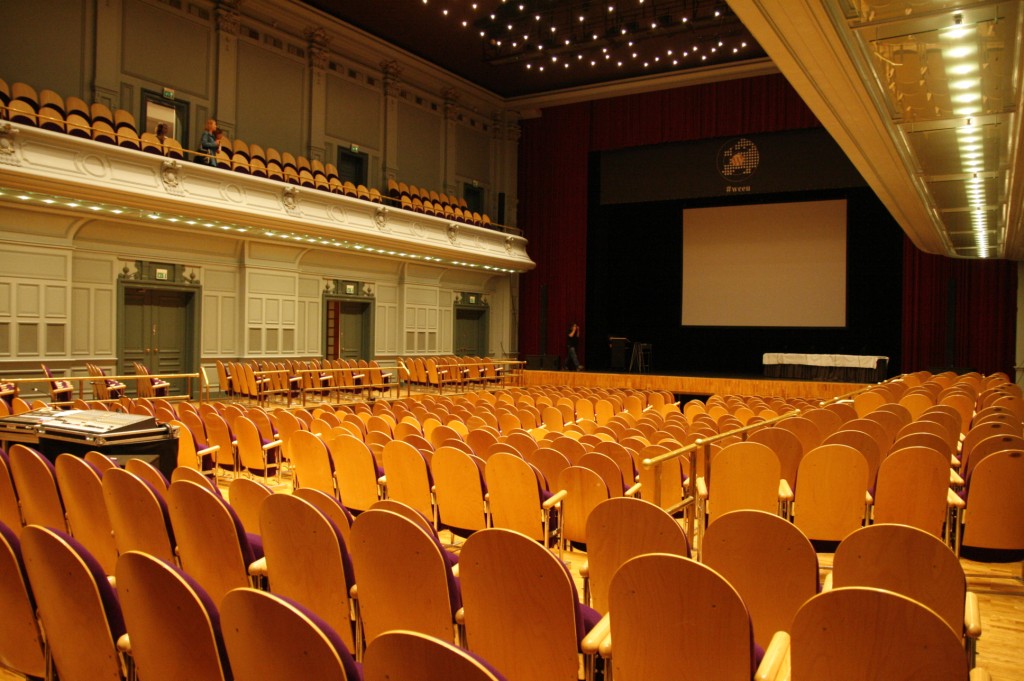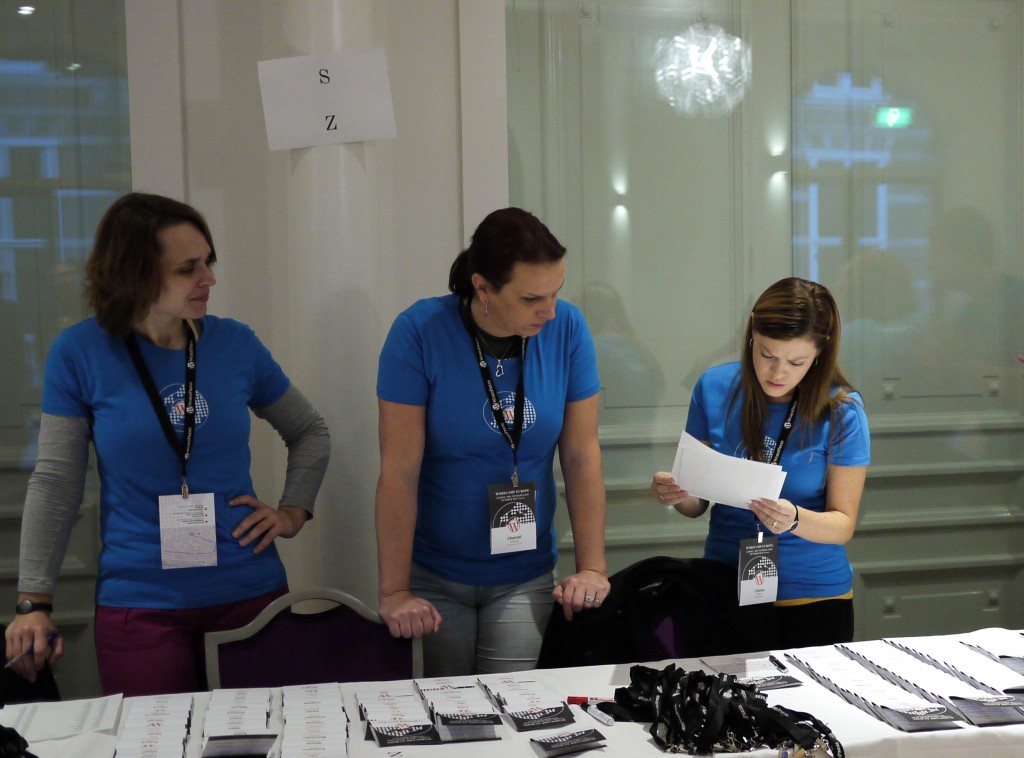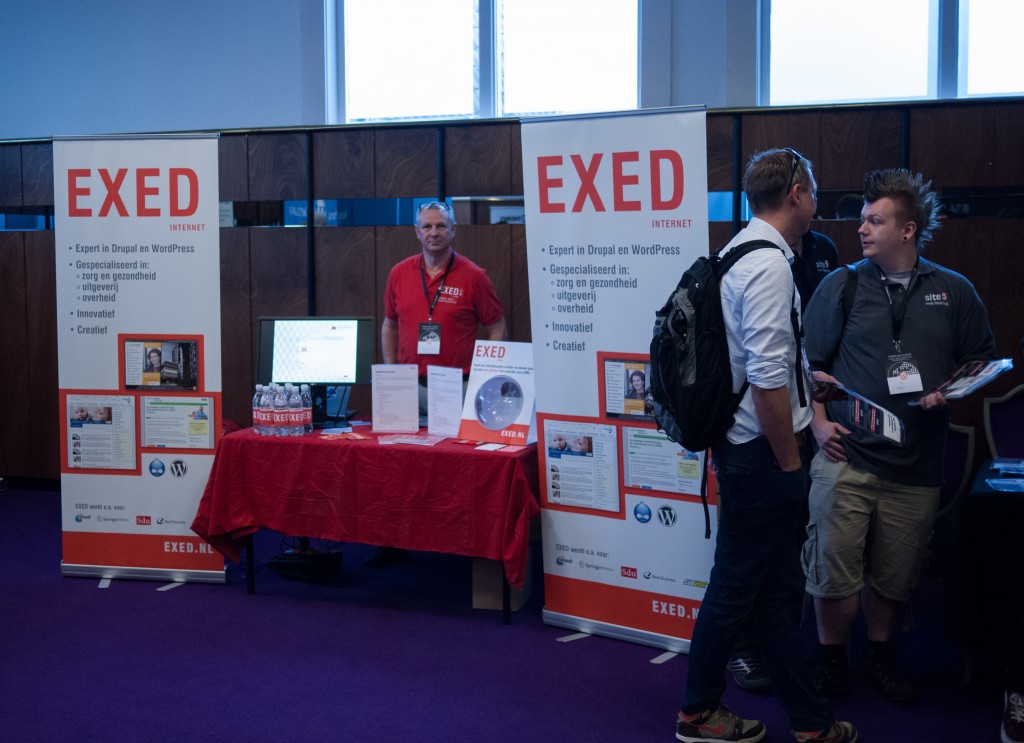It’s just over two weeks since we wrapped up the WordCamp Europe Contributor Day and realised that yes, omg, we did it, and yes, omg, we’re really really tired. All WordCamp organisers will empathise with that feeling of elation coupled with exhaustion that follows a WordCamp, and last week the WCEU organising team felt it on a monumental scale.
But with a little distance, we’re all proud to be part of a team of people who can look back and say with confidence that we did a good job. So what happened, why did it happen, and, in the midst of all of that madness, what did we learn?
WordCamp Europe came from a desire to provide a large-scale WordPress event in Europe that would bring together the European community. Every country in Europe has its own community, each with its own distinct identity, but the “European WordPress Community” largely consisted of disparate communities, tied together by a few people who would travel to WordCamps around the continent. It was some of this small number that eventually formed the organising committee, brought together by a shared vision of what we wanted this event to be.
The team comprised members of the European community, each of whom is active in their own country. We are a group of people who went to WordCamp Central with an idea, and WC Central was happy (after considerable discussion) for us to run with it. We were a distributed team across the continent, with some of our members going back and forth to the US (which always screwed with timezones and meetings).
The Challenges of Distribution
Organising a WordCamp as a distributed team brings its own challenges. We had people on the ground in the Netherlands – Marcel and Remkus – who were responsible for visiting the venues, finding vendors, and generally doing anything that required physical people. The rest of us each took responsibility for something that could be done online – finance & budgeting, speakers, sponsors, design, and volunteers. We decided who would do what based on experience and expertise.
Each area had its own challenges that the person responsible had to deal with:
- Tammie got to experience the joys of design by committee, though we think that in the end it was worth it and we are all delighted with the logo
- Remkus had to find a venue that could fit at least 600 people. Not an easy task, especially in an expensive city like Amsterdam
- Zé had to manage a team of strong-willed, strong-minded, Europeans, each with his or her own thoughts on how to do things
- Noel raised a huge amount of sponsorship money for the event
- Marcel and Paolo had to recruit and manage 50-person volunteer team from all over Europe.
- Myself and Ana had to contend with a large number of speaker applications and create a schedule that worked.
All of that from a group of volunteers…
Communication is Essential

Not all of our discussions made much sense
The key to getting this to work is good communication. Everyone has as much stake in the event as the other, whether based in the Netherlands or not, so ensuring that those who are unable to visit the venue, or communicate with vendors, are kept abreast of what is going on through feedback and keeping the budget updated, is vital.
To keep communication flowing, we had an internal P2, a Skype channel, and held weekly Google Hangouts so that we could catch up on what everyone was doing. It didn’t always go smoothly. We discovered that despite organising a huge WordCamp, we’re very bad at scheduling meetings that everyone could/remembered to attend. Also, timezone issues caused us so many problems. Our Skype logs are littered with questions such as “Is that UTC or GMT or BST?” In the last two months prior to the event we had a regular chat every Monday, which helped to keep things moving along.
The Event Itself
And then, finally, after months of planning, came the event. We were sat in the lobby of Stadsgehoorzaal on the Friday, making signs and lists and sending emails, when it dawned on us: in less than 12 hours, hundreds of people would be descending on us in expectation of the biggest WordCamp in Europe. We’d got this immense train rolling and right then we realised that there was nothing we could do to stop it.
The Venue
There were things that we got right, and there were things that we got wrong, and both, in the end, came down to planning. Let’s start with the things we got right, which is way more fun. First of all, the venue, which came to us serendipitous when Tammie, Noel, and Remkus, attended InspireConf there last December. They came back raving about how good the venue was and the rest of the team were all “get a quote!” Not only was the venue itself beautiful, but the team of staff there were incredibly professional, friendly, and helpful. They calmly sorted out any of our moments of panic, as though they had seen them a hundred times, and we are immensely grateful to them.
As well as the venue, the location was excellent. Leiden is a small town and people were bumping into each other all over the place. Wherever you were in town, it was easy to find someone to hang out with nearby. The advantage of this over a big city like Amsterdam, is that you don’t just spend the conference time with people, but all of your social time too, and it’s in that time that meaningful bonds are formed.
Our Speakers
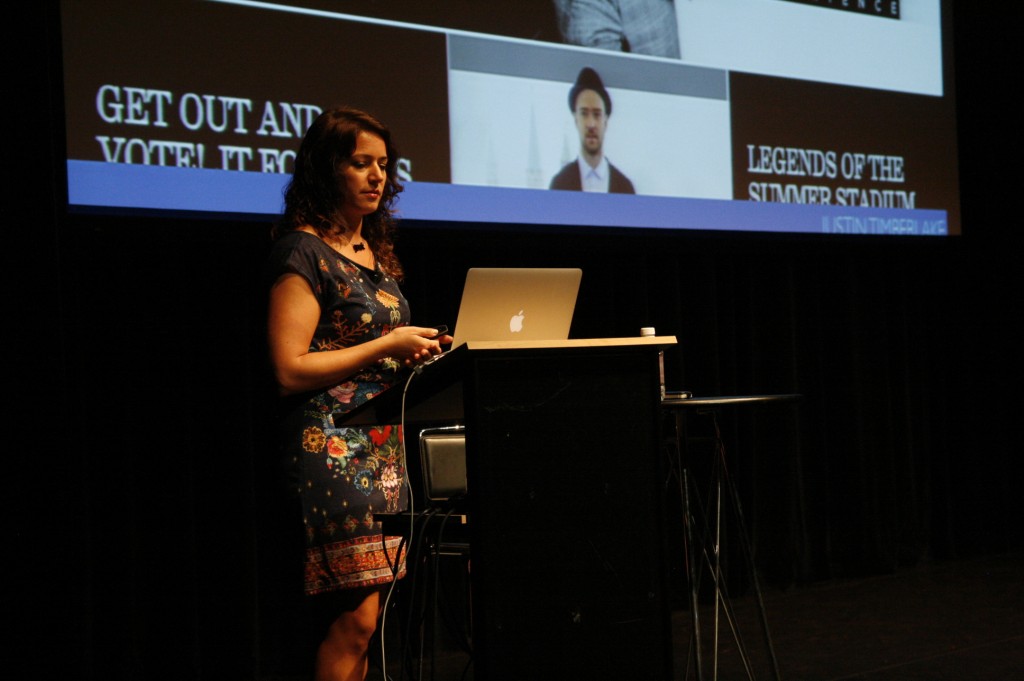 Also, the speakers. From those who regularly do the conference circuit, to the speakers who were taking to the stage to the first time, we’re pretty sure that we got our list of speakers right. Much discussion was had about getting the balance of Europeans and non-Europeans, and we came in for some criticism for our choices, but in the end the event spoke volumes. Everyone enjoyed it, and those who attend many WordCamps every year said that WordCamp Europe was one of the few at which they actually watched the presentations. What we would do differently, is to have adjusted the schedule a little. Next time we wouldn’t schedule a panel at the end of the final day. We thought that the session was extremely important and useful, but by that point people were flagging a little. Before lunch would have been better.
Also, the speakers. From those who regularly do the conference circuit, to the speakers who were taking to the stage to the first time, we’re pretty sure that we got our list of speakers right. Much discussion was had about getting the balance of Europeans and non-Europeans, and we came in for some criticism for our choices, but in the end the event spoke volumes. Everyone enjoyed it, and those who attend many WordCamps every year said that WordCamp Europe was one of the few at which they actually watched the presentations. What we would do differently, is to have adjusted the schedule a little. Next time we wouldn’t schedule a panel at the end of the final day. We thought that the session was extremely important and useful, but by that point people were flagging a little. Before lunch would have been better.
Thanks to the Volunteers!
The team of volunteers worked exceptionally hard. They came from all over Europe, and some from even further. They paid their own travel and accommodation and they gave up their own time to be part of the event. We are so incredibly grateful to all of the volunteers, and to Marcel and Paolo for managing it all.
And the party. The party was awesome.
Where were our Sponsors?
So what didn’t work? The biggest mistake we made is not giving enough love to our sponsors. Some of you will know that they were given a room upstairs for displays, but some of you may have totally missed them. This was a big event for them too, and we could have done a better job of giving them places to display. The error here comes down to planning. The decision about where to put them was made the day before the event while we were doing a hundred different things. Time should have been spend ahead of time deciding who would go where and how best they could be taken care of. I would urge organisers of other WordCamps to do this, because getting a sponsor for one event is great, but having sponsors that back you every year is part of having a sustainable WordCamp. Next time, we will definitely do better.
What happened with the wifi?
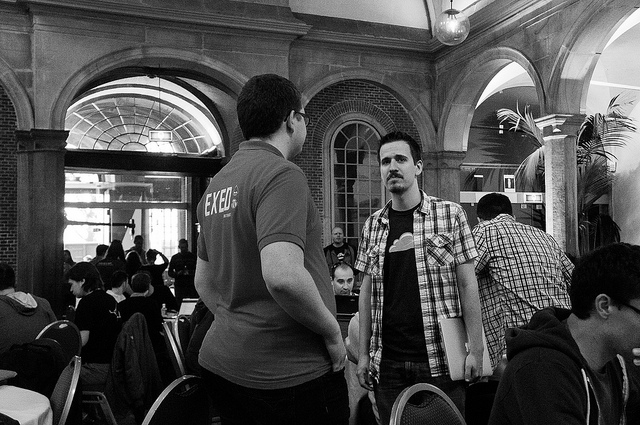
Shredder despairs about the wifi (Photo via Patrick Andriessen
The other major issue was the wifi, particularly at the Contributor Day. The wifi during the conference days wasn’t wonderful, but, since everyone was focused on the sessions, it wasn’t such a problem. At the Contributor Day, however, the wifi was essential, and as soon as 150 people connected to it the entire network came down. We soon discovered that there was only one access point which could never have sustained the number of people we had. Thankfully, the Contributor Day venue is run by the same company as Stadsgehoorzaal so they switched us back to the original venue where we were able to get started again. The staff were again very helpful, letting us stay until 9pm (despite themselves having been there since 8:30am) and helping us to acquire pizza and beer.
Tip for future organisers: don’t just ask if a venue has wifi, ask what their capacity is, where their access points are, and make sure that they know what they are talking about.
Those issues aside, the Contributor Day did its job of bringing together different groups in the community. This video by Kaarel Veike perfectly captures the spirit of the whole event:
More WordCamp Europe!!!!
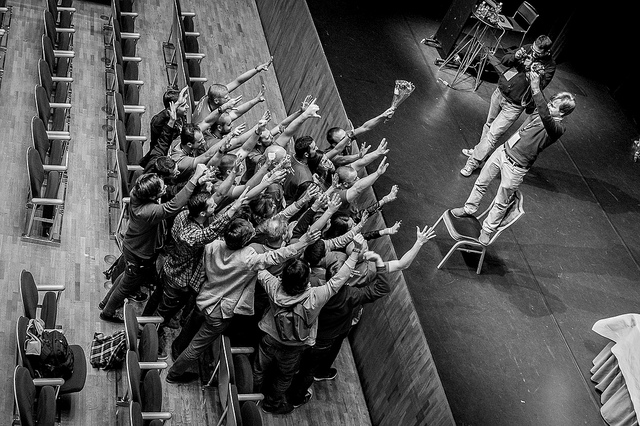
Gluttons for punishment? (photo Florian Ziegler)
And the question everyone is asking: what about next year? We don’t know yet. We’re working with WordCamp Central to get things in place to make it happen next year. We don’t know where it will be, but we do know that it will need to be a country with a strong WordPress community and an experienced WordCamp organising team.
To help us make WordCamp Europe even better next year, please take our survey. It is of genuine help to the organising team and will only take a few minutes of your time.
In closing, we would like to thank WordCamp Central for being so supportive of this crazy experiment, the volunteers for keeping things running smoothly, the speakers for their knowledge and their presentations, the sponsors for their support, and, most importantly, all of the attendees for coming to this event with an open mind and taking part in something important.
We’re blown away by reading all of the blog posts and tweets that are filled with good feeling. In the wake of WordCamp Europe, we feel that we’ve achieved what we set out to do – to create a strong sense of European community, to launch a continuing event, and to help forge the types of relationships and friendships that we have experienced on our small organising team.
Unless otherwise credited, photo credits Darren Ambrose and Xavier Borderie.
